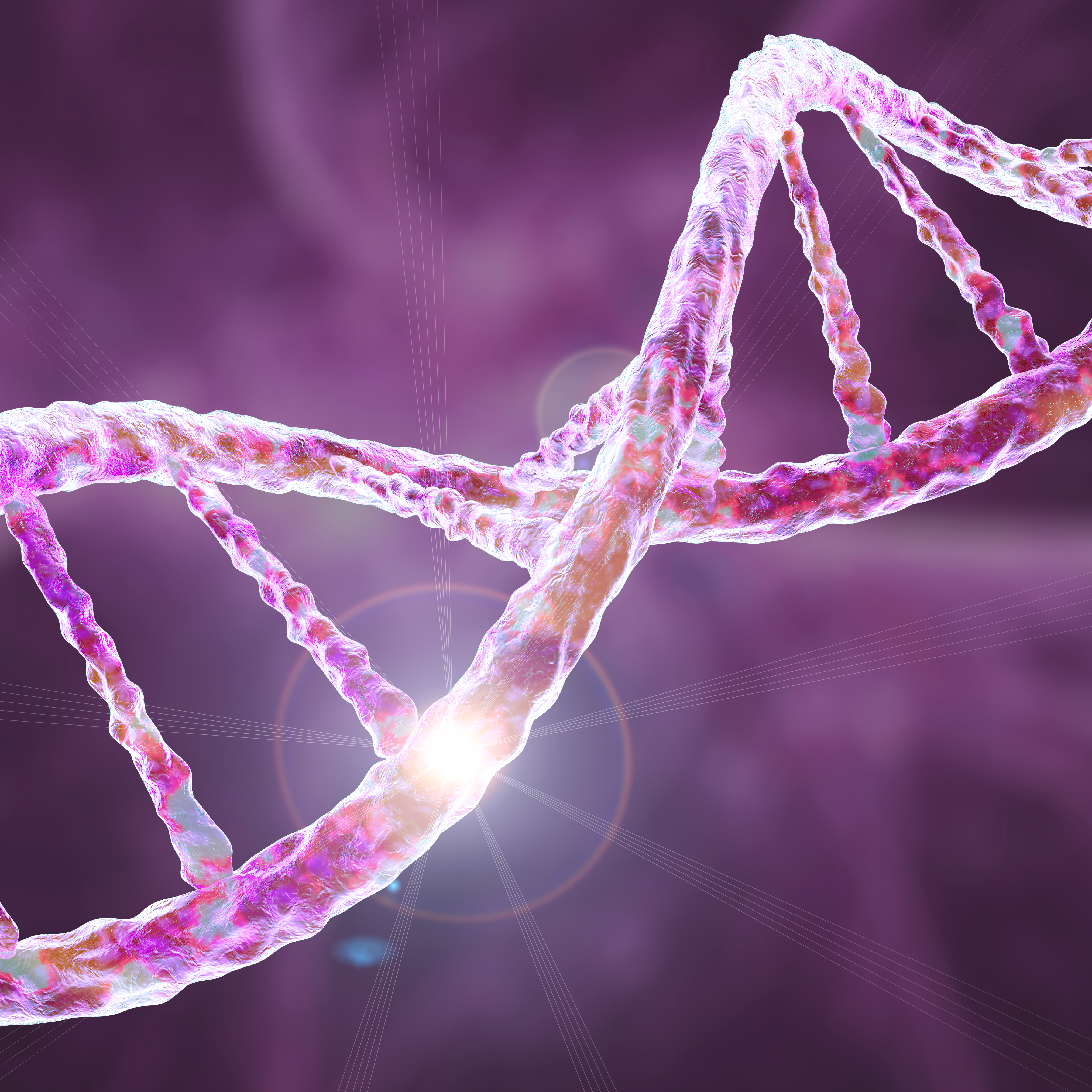Biliary tract cancer represents just 3% of all gastrointestinal cancers. But as a heterogeneous group of malignancies arising from the biliary ducts, biliary tract cancer is known by more than one name. The different types of this rare disease are based on where the cancer originates. They include intrahepatic cholangiocarcinoma, extrahepatic cholangiocarcinoma, gallbladder cancer, and ampullary cancer.
The FDA has granted orphan drug designation to silmitasertib for the treatment of biliary tract cancer.

“Pre-clinical studies demonstrate that inhibition of CK2 by silmitasertib prevents DNA repair, induces apoptosis, and improves the antitumor activity of gemcitabine and cisplatin,” states Senhwa.
“We are pleased to receive [orphan drug designation] for silmitasertib for the treatment of biliary tract cancer, a rare, malignant disease for which there are no effective therapies,” Mei-Hui Kuo, acting CEO of Senhwa Biosciences, said in a company-issued press release. “Orphan drug designation represents an important regulatory milestone that has the potential to expedite the clinical development of silmitasertib.”
A chemotherapy regimen of gemcitabine and the intravenous drug cisplatin is the standard first-line treatment for locally advanced and metastatic biliary tract cancers. And if this fails, second-line chemotherapy offers very little benefit. With liver cancer, which includes intrahepatic cholangiocarcinoma along with hepatocellular carcinoma, set to become the third leading cause of cancer death in both men and women by 2040, this isn’t good enough.
Luckily, silmitasertib is not alone in the race to gain FDA approval to treat rare cancers. In the last two years, the FDA approved three drugs for cholangiocarcinoma. The FGFR inhibitors pemigatinib and infigratinib gained accelerated approval for treatment of previously treated, advanced FGFR2 fusion positive cholangiocacarcinoma. The IDH1 inhibitor ivosidenib gained approval in patients with previously treated, advanced IDH1-mutant cholangiocarcinoma. The FDA also granted Breakthrough Therapy Designation for futibatinib in cholangiocarcinoma tumors positive for FGFR2 gene mutations.
The time to act is now. With more awareness comes more funding. With more funding comes more research. With more research comes more treatment options. And with more treatment options comes more hope.
Act now and start the chain by donating to ground-breaking research today.
